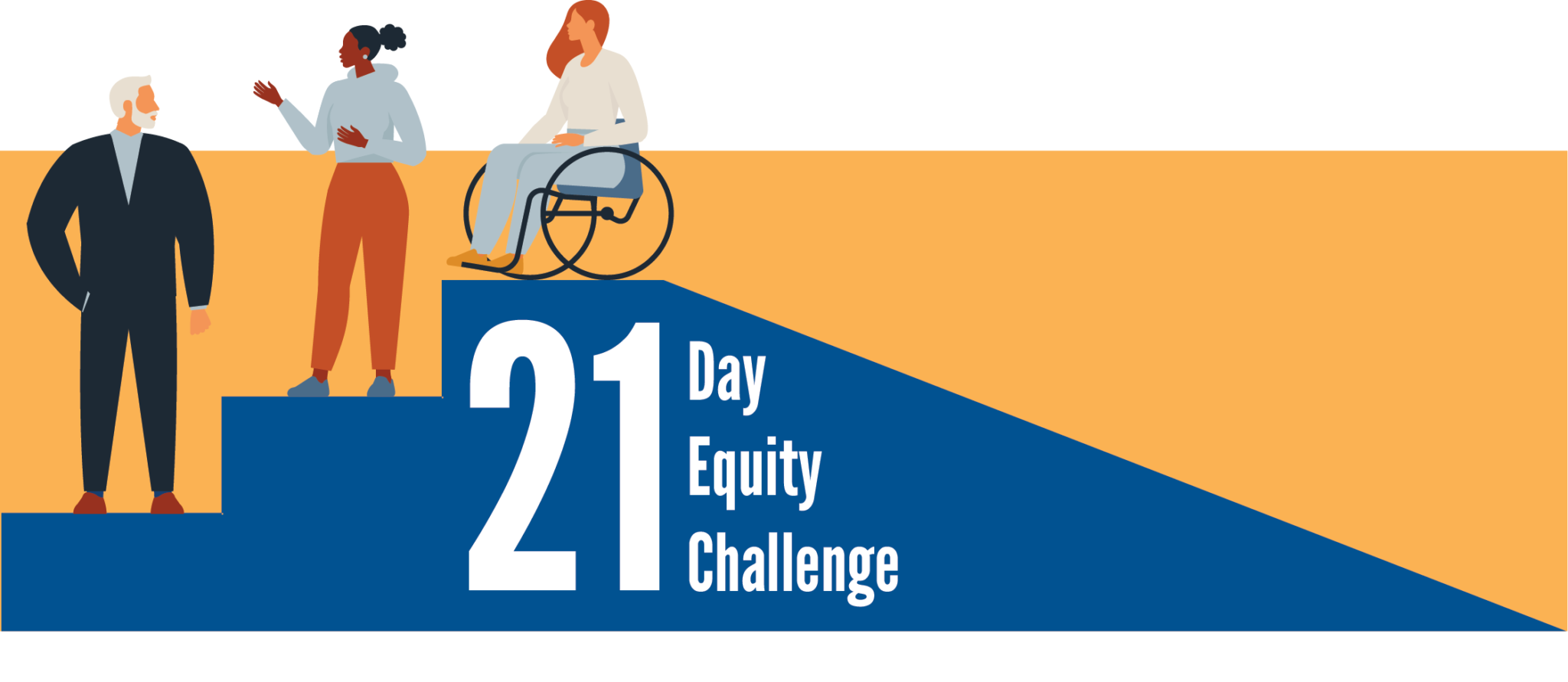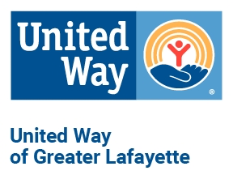
WELCOME TO THE 21 DAY EQUITY CHALLENGE DAY 12!
ADVERSE CHILDHOOD EXPERIENCES (ACEs)
“To be young, gifted and black,
Oh what a lovely precious dream
To be young, gifted and black,
Open your heart to what I mean.”
-Nina Simone
In order for children to meet developmental milestones, learn, grow, and lead productive lives, it is critical that they are healthy.
Good social-emotional skills and mental health are key components of children’s healthy development. Poverty, trauma, and inadequate treatment are three factors that have been shown to have a sustained, negative impact on children’s social-emotional skills and mental health. Stressors external to the home, such as racism and discrimination, are community-level Adverse Childhood Experiences (ACEs) – incidents that have the potential to dramatically disrupt a child’s ability to thrive.
ACEs disproportionately impact children of color. In addition to experiencing trauma within our systems and environments, toxic stress can change a person’s genetic code, influencing how future generations respond to stress within their bodies and their risk of poor health outcomes. While trauma impacts all racial and socio-economic groups, groups that report higher rates of childhood trauma include adults of color, women, and those in poverty.
In addition to addressing the systems and policies that negatively impact families, fostering connections can help disrupt the long-term impact of trauma.


